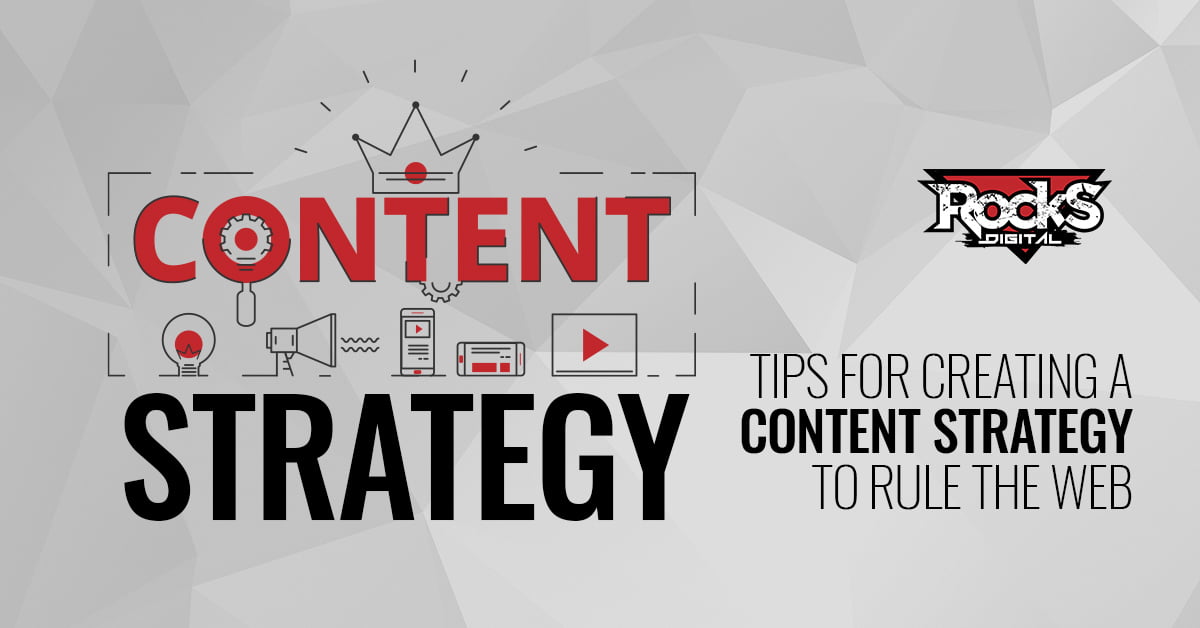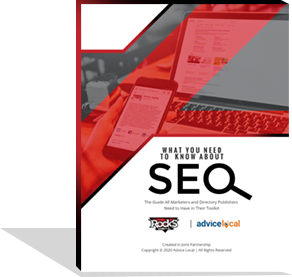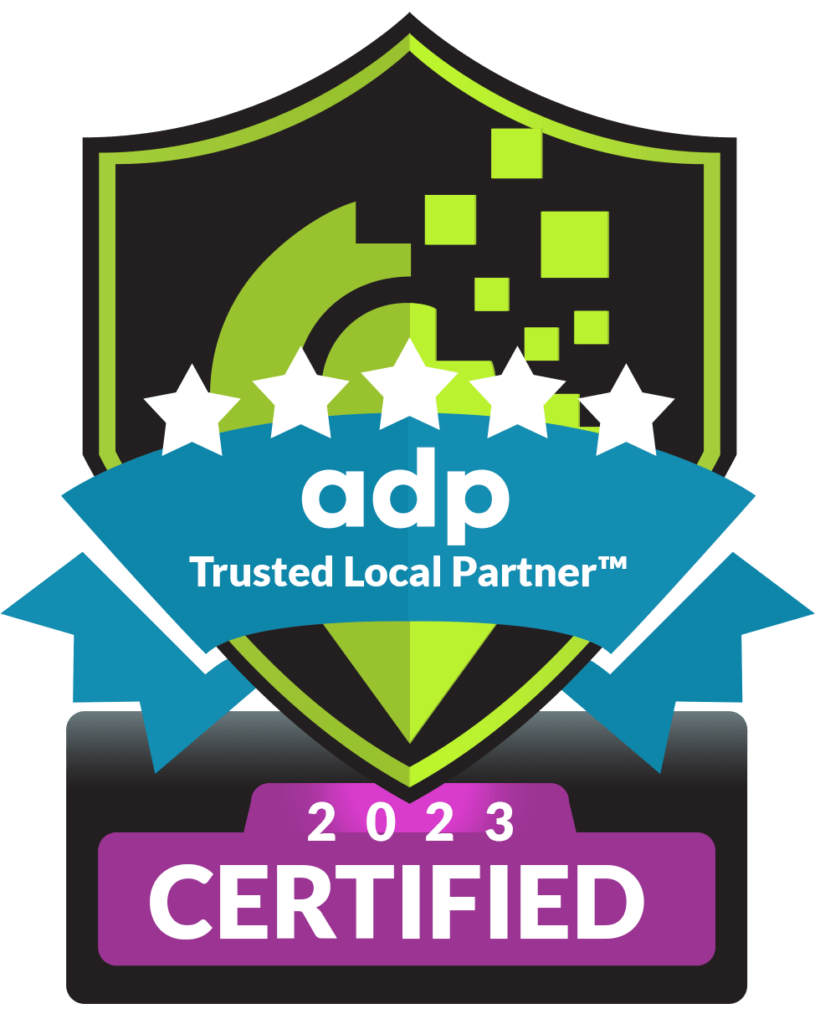
From the smallest independent store to the largest corporation, every business needs a content strategy to succeed online. Content services for local businesses help attract consumers, build a local presence, solidify brand identity, with an array of other benefits. But with so much competition for attention, creating a winning content strategy is easier said than done. Let’s examine an approach that businesses across many industries use to stand out.
What Is a Content Strategy?
A content strategy is an overarching framework for the content that a business produces and distributes. To be effective, the strategy should take a big-picture approach to content planning, creation, distribution, promotion – and anything else a business uses to connect with audiences. By developing and employing a strategy early-on, content creation and marketing will be driven by defined goals to reach targeted consumers.
5 Top Tips for Developing a Content Strategy
While every content strategy will vary, there are some common attributes that will be used by almost every successful organization.
1. Create Measurable Goals
Before you start to think about creating content, it’s essential to establish what you want to achieve from the strategy. Content offers both short-term and long-term results, but individual campaigns should have definable goals.
Examples include the following.
- Selling a new product or service.
- Building an email list.
- Generating more brand awareness.
- Selling tickets to a live event.
Along with the main goal, set timescales and values you can track.
2. Profile the Intended Audience
All content created by a business is intended to engage individuals. Therefore, having audience personas in mind lets you craft messages for real people. Google Analytics, social media, competitor sites and customer interviews are all effective components in tracking consumer behavior.
In combination with hard metrics like age, education and household income, also consider more abstract concepts such as the passions and challenges that drive people towards certain types of content.
3. Run a Content Audit
Existing businesses typically have a substantial footprint of content developed over the years. Auditing this content will offer many clues about the path forward, and how to make some quick gains.
For example, irrelevant website content can hurt SEO results, so you may want to remove or update underperforming old posts. Also, look beyond the business website as social media, video platforms and third-party blogs can capture audience interest at the top of the marketing funnel.
4. Produce and Publish Content
Developing a content calendar is helpful for covering all the requirements of content creation, publishing and marketing. Factors to consider include the content type (article, video, infographic, social post or podcast); content location (business website, third-party blog, YouTube or Facebook); and promotional strategy (social media, paid advertising or email list).
Also worth noting is that many content pieces could be repurposed in multiple formats to reach different audience segments.
5. Measure and Analyze Outcomes
It’s possible to measure the success of the strategy by using metrics like conversion rate, reach, website traffic, lead generation and so on. Getting the tracking set up properly on your business’ website is critical. Businesses are often surprised by the results from specific marketing channels, with many counterintuitive results opening up possibilities for future content campaigns.
By focusing on the data from various publishing locations and formats (based on real-world results from real consumers), you can take a step back and optimize your content writing to achieve your business goals.
Contact Us for Content Strategy, Writing and Marketing Services
Rocks Digital develops comprehensive content strategies that help businesses reach customers and build brands. For assistance with content marketing, writing, SEO and other digital marketing services, speak with our team today. Call (214) 989-7549 or request a website evaluation now.
Lissa Duty
Lissa Duty is Social Media Coach, Author, Speaker & Trainer. 20 years of marketing, administrative and management experience working to grow your business.


















